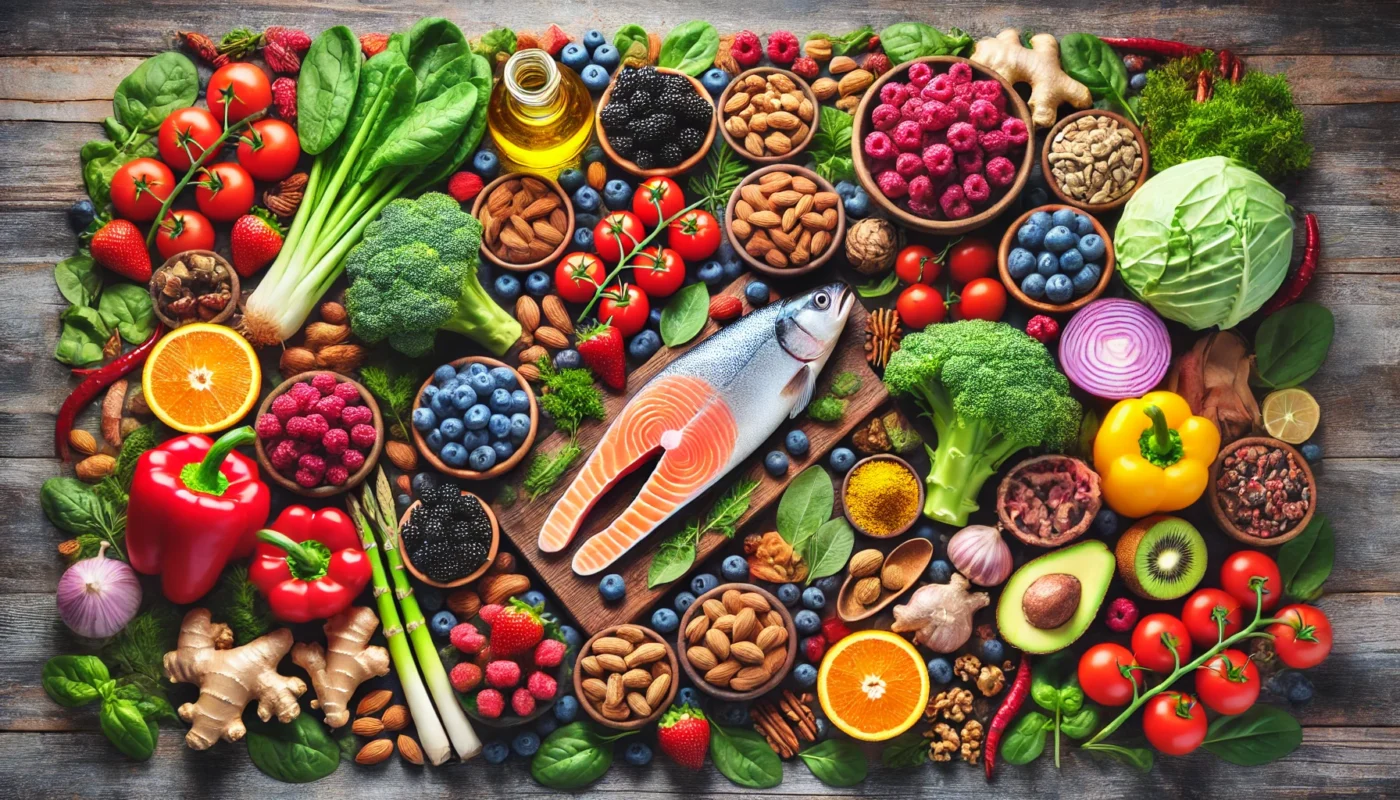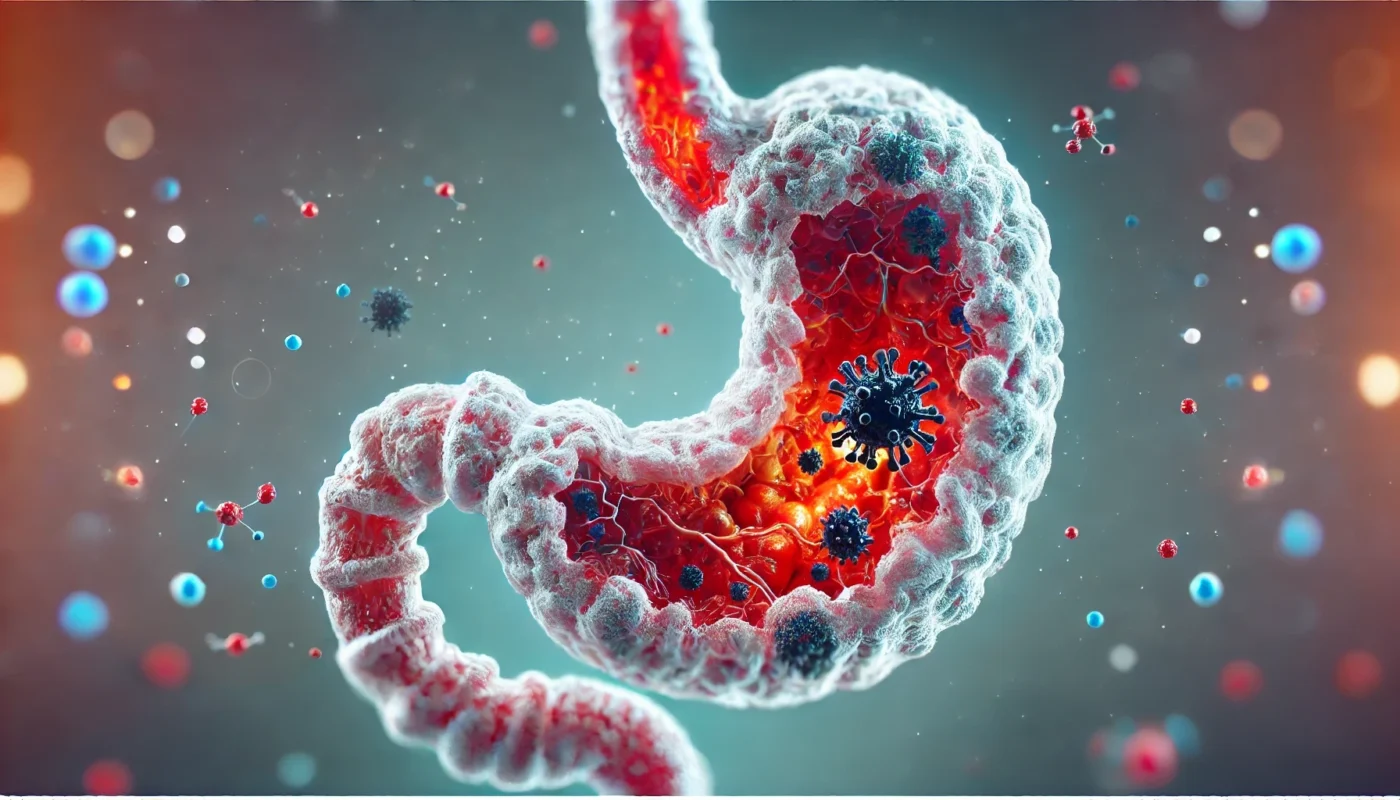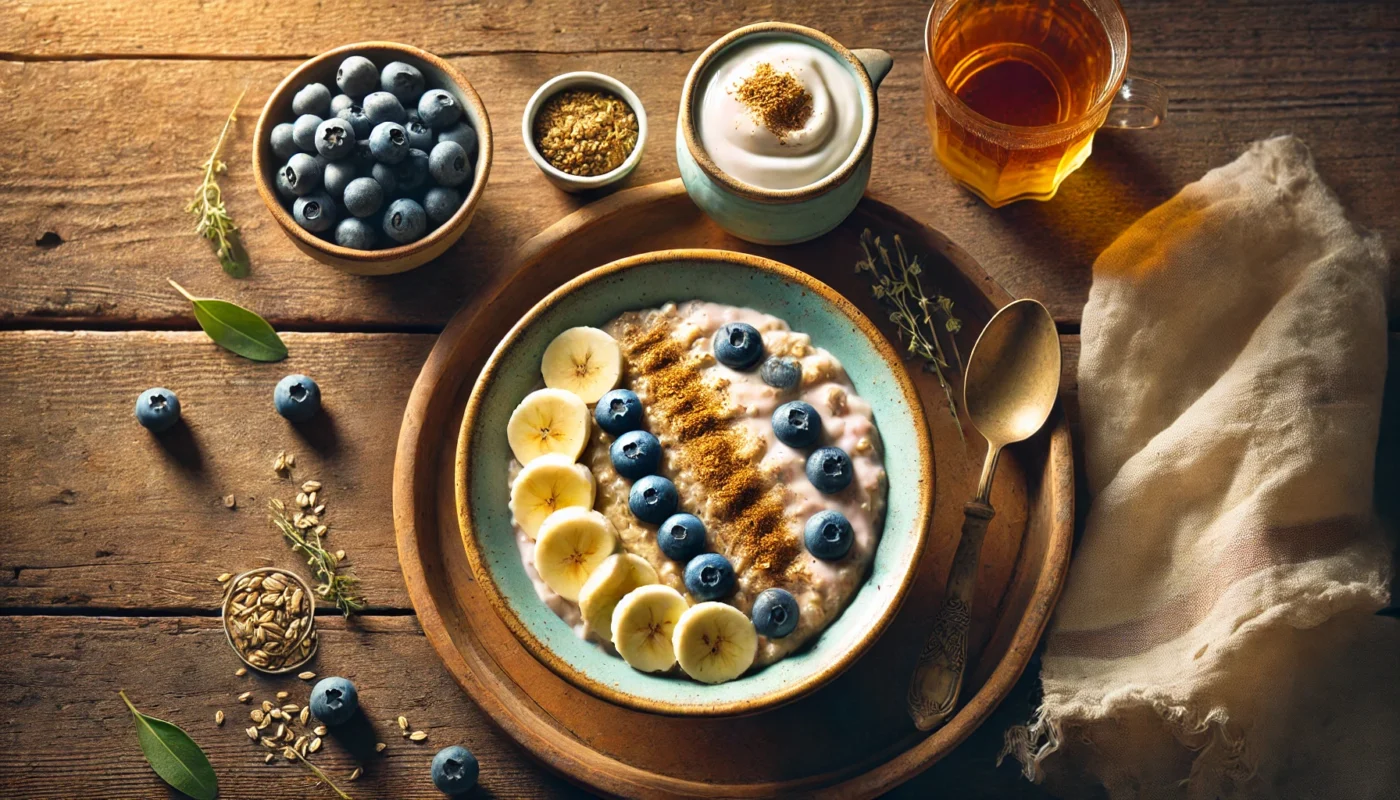Stomach pain can be categorized by its location, intensity, and underlying causes. From mild discomfort to severe cramps, identifying the root cause is crucial for effective treatment. Common causes include:
Tag Archives: Probiotics
In the quest for optimal health and wellness, individuals are increasingly exploring holistic and alternative approaches to manage inflammation—a common underlying factor in numerous chronic health conditions. This exploration often leads to a closer look at dietary choices. One food that repeatedly comes into question in this context is the humble banana. Are bananas truly anti-inflammatory, or do they contribute to inflammation? Let’s delve into the science and explore the potential benefits of incorporating bananas into your diet.
In the quest for optimal health and well-being, understanding the role of diet in inflammation is paramount. Dairy products, especially yogurt, have been the subject of much debate regarding their effects on inflammation. In this article, we delve into the intricate relationship between yogurt and inflammation, and provide insights that will aid fitness enthusiasts, health aficionados, and medical patients in making informed dietary choices.
Inflammation is a natural response of our immune system. It’s a protective mechanism that helps our bodies heal from injury and fight off harmful invaders. But when inflammation becomes chronic, it can lead to various health issues, from heart disease to arthritis.
Diet plays a crucial role in managing inflammation. Certain foods can trigger an inflammatory response, while others can help to reduce it. This article will explore the top 20 anti-inflammatory foods that can help you manage inflammation naturally.
Holistic health is an integrative approach that emphasizes the interconnectedness of various aspects of an individual’s well-being. Rather than isolating a particular ailment, holistic methods involve a comprehensive examination of lifestyle, nutrition, stress levels, and emotional health to determine the root cause of an issue. This multi-faceted approach encourages individuals to consider their health from a broader perspective, promoting a balance that fosters natural healing processes.
Opiates are a class of drugs derived from the opium poppy plant, primarily used for their analgesic (pain-relieving) properties. Common opiates include morphine, codeine, and oxycodone. While highly effective for pain relief, they come with a range of potential side effects, particularly concerning the digestive system.
Skin regrowth is a fascinating and complex process that plays a crucial role in maintaining our body’s protective barrier. Whether you are a fitness enthusiast pushing your physical limits or a medical patient on the road to recovery, understanding how skin heals and regenerates can empower you to take proactive steps in supporting this vital process. In this comprehensive guide, we will delve into the factors that influence skin regrowth after damage, explore the stages of wound healing, and offer practical advice to aid and expedite recovery.
Understanding the healing rates of different body parts can be crucial for fitness enthusiasts, health enthusiasts, and medical patients alike. Whether you’re recovering from an injury, managing a health condition, or simply curious about the human body’s capabilities, knowing which parts heal the fastest can guide your approach to recovery and wellness. This exploration delves into the scientific nuances and offers practical advice on optimizing healing.
Autoimmune gastritis, also known as chronic atrophic autoimmune gastritis, is characterized by the immune system’s attack on the stomach’s parietal cells. These cells are responsible for producing hydrochloric acid and intrinsic factor, essential for vitamin B12 absorption. The destruction of these cells leads to a cascade of digestive issues, often resulting in vitamin B12 deficiency and, over time, can cause a form of anemia known as pernicious anemia.
Stomach inflammation, medically known as gastritis, occurs when the stomach lining becomes irritated, leading to discomfort and other digestive issues. It can result from various factors, including infection, chronic use of NSAIDs, alcohol consumption, and autoimmune diseases.










